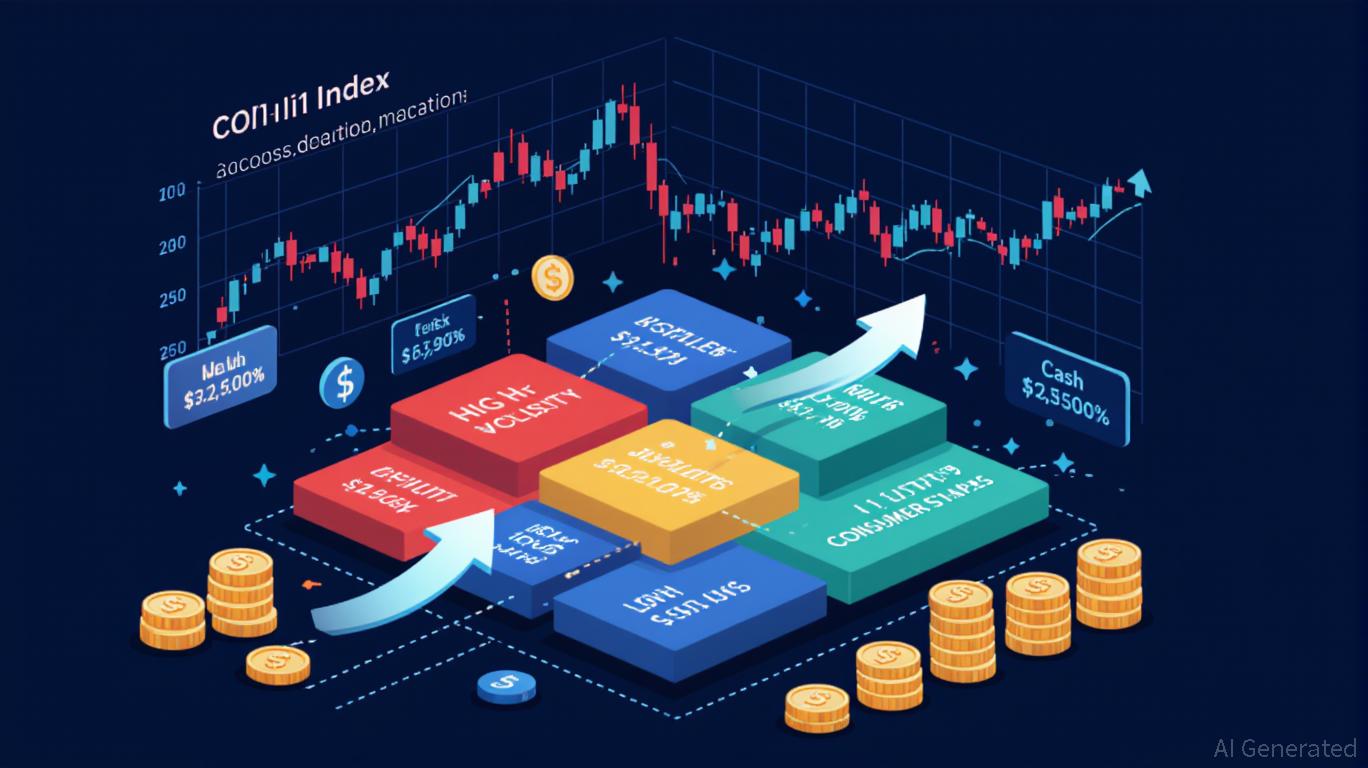Vitalik Buterin Criticizes EU’s Chat Control Legislation
- Vitalik Buterin criticizes EU’s Chat Control.
- Privacy threats identified by Buterin.
- Potential shift towards decentralized solutions.
Vitalik Buterin criticizes the EU’s “Chat Control” legislation, highlighting risks to digital privacy by embedding mandatory surveillance backdoors. He argues that such measures undermine security, evidenced by potential adoption of decentralized alternatives. [1][2][4]
Points Cover In This Article:
ToggleVitalik Buterin, co-founder of Ethereum, has criticized the EU’s proposed “Chat Control” legislation, arguing it poses significant privacy threats by enforcing mandatory surveillance backdoors across Europe.
Vitalik Buterin’s condemnation
Vitalik Buterin’s condemnation of the EU’s “Chat Control” centers on privacy risks, sparking debate within the crypto community. He emphasizes that mandatory surveillance undermines individual security.
Public figures like Pieter Levels support Buterin, advocating against mass surveillance. Privacy and security concerns grow as lawmakers plan to exempt themselves from the restrictions.
Decentralized alternatives and crypto market reactions
The crypto market may experience increased interest in alternatives like Web3. Decentralized platforms could benefit from these privacy-focused debates.
“You cannot make society secure by making people insecure. We all deserve privacy and security, without inevitably hackable backdoors, for our private communications.” — Vitalik Buterin, Co-founder, Ethereum
Any potential legislative approval might push users towards encrypted services. Regulatory pressures echo past privacy debates, influencing crypto discussions.
To date, no major market shifts
On-chain data does not show immediate market shifts. Ethereum, being central to discussions, remains a key asset.
Historically, privacy debates have influenced crypto prices. But no major changes in asset values have been recorded so far. Future regulatory outcomes could reshape the landscape.
Disclaimer: The content of this article solely reflects the author's opinion and does not represent the platform in any capacity. This article is not intended to serve as a reference for making investment decisions.
You may also like
Ethereum News Update: Ethereum Drives Institutional Transformation with Amundi Tokenizing Major Fund
- Amundi tokenizes a money market fund on Ethereum , signaling institutional adoption of blockchain-based asset management. - Ethereum's upgrades like PeerDAS and Bhutan's $970k ETH staking highlight growing institutional trust in its infrastructure. - CoinShares' $250M Bitcoin Miners ETF and global digital ID initiatives underscore tokenization's role in modernizing finance. - Ethereum's $3,100 price resistance and technical indicators suggest potential for long-term resilience amid scaling improvements.

Hyperliquid News Today: Hyperliquid Adopts Tidewater’s Strategy to Streamline Crypto Risk Management
- Hyperliquid introduces automated downsizing to stabilize HYPE, which dropped 52% from its peak. - Strategy mirrors Tidewater Renewables' capacity management, balancing short-term volatility with long-term stability. - Hyperliquid Strategies DAT plans $300M HYPE buybacks to inject liquidity and institutional-grade risk frameworks. - Market faces $1.89B+ liquidation risks if Bitcoin/Ethereum surge, prompting automated buffers to prevent cascading sell-offs. - Approach reflects growing DeFi adoption of algo
The Unexpected COAI Price Decline: Key Lessons for Investors from the November 2025 Market Turbulence
- COAI Index's 88% November 2025 collapse stemmed from C3.ai governance failures, regulatory ambiguity, and panic-driven herd behavior. - Market psychology amplified losses as investors overreacted to AI sector risks, ignoring fundamentals and triggering liquidity crises. - Diversification, cash reserves, and AI-driven tools helped mitigate risks, emphasizing long-term strategies over speculative hype. - The crisis exposed dangers of overreliance on AI/DeFi narratives, urging disciplined, diversified portf

CME Suspension: Global Market Vulnerabilities Revealed by Thermodynamic Constraints
- CME Group halted Globex trading on Nov 28, 2025 due to CyrusOne cooling system failure in Chicago, freezing 90% of global derivatives markets. - The outage caused erratic price swings in gold/silver and disrupted EBS forex platforms, exposing vulnerabilities in third-party data center reliance. - Despite post-holiday timing softening immediate impact, the incident highlighted systemic risks from thermodynamic limits in AI-era infrastructure. - CME faces pressure to build redundant systems as it expands c
